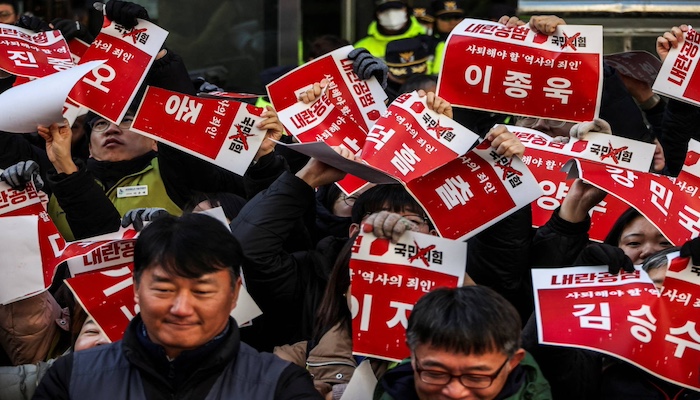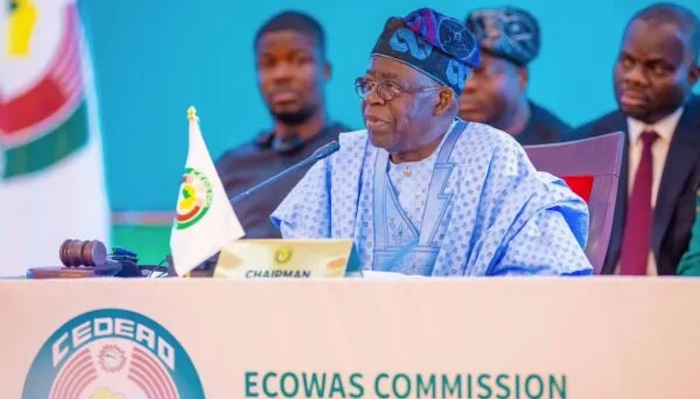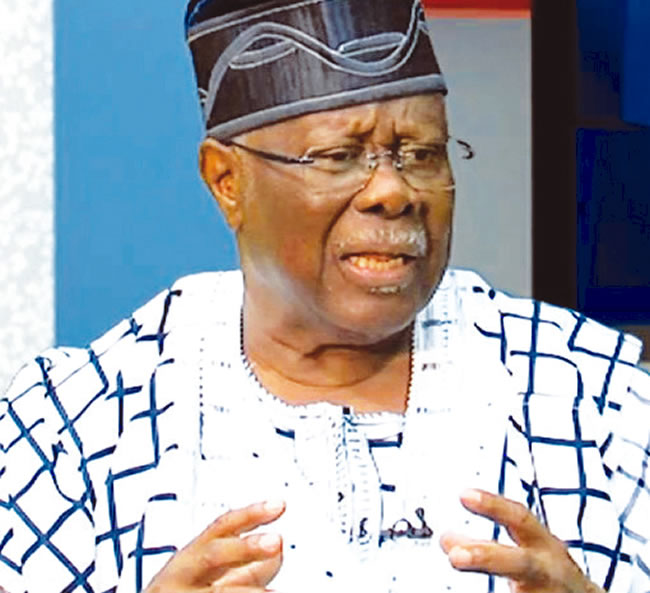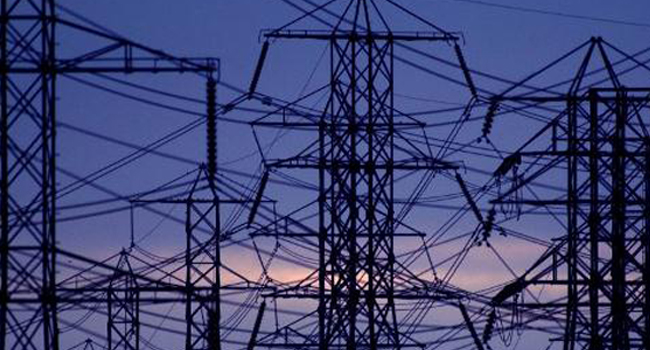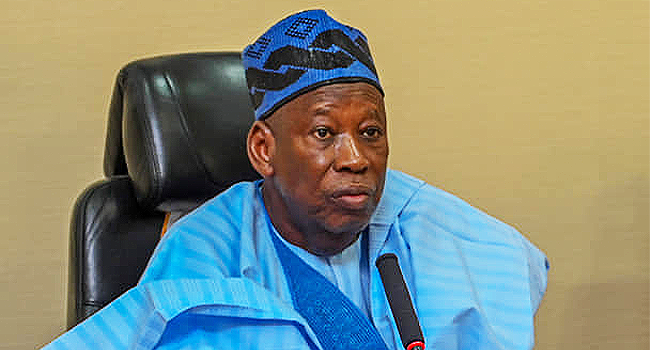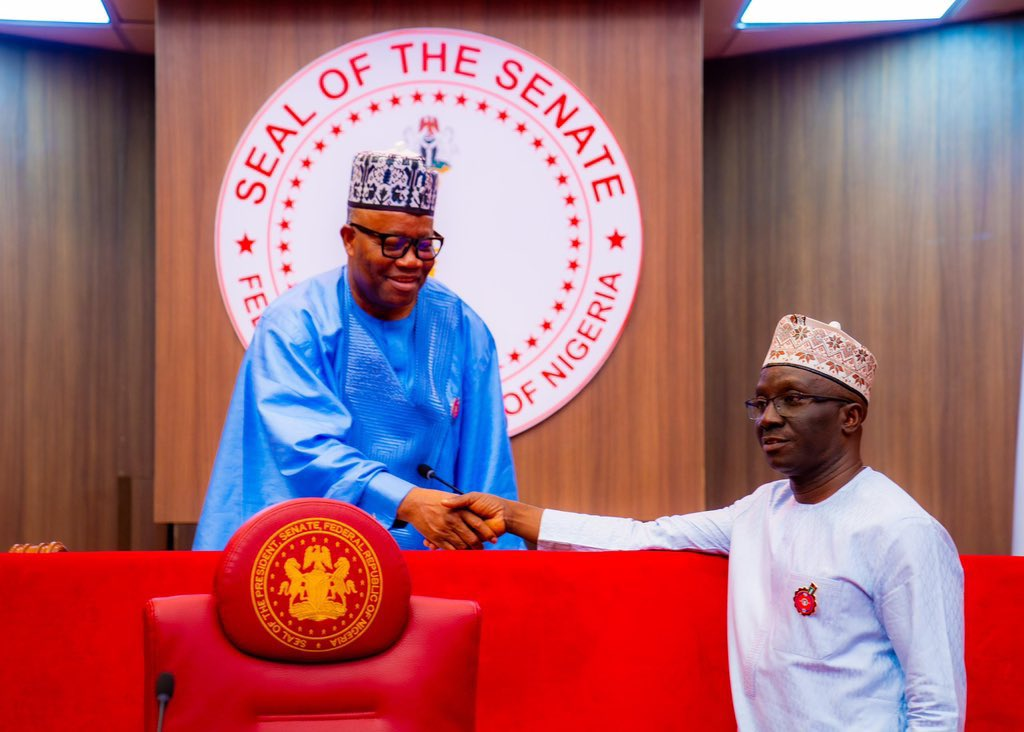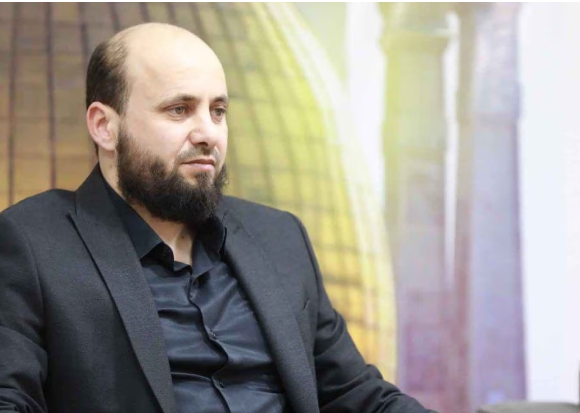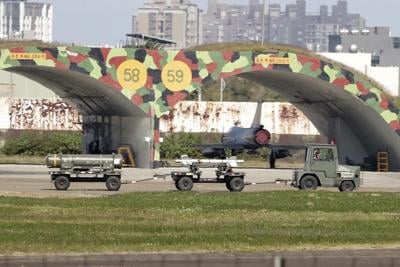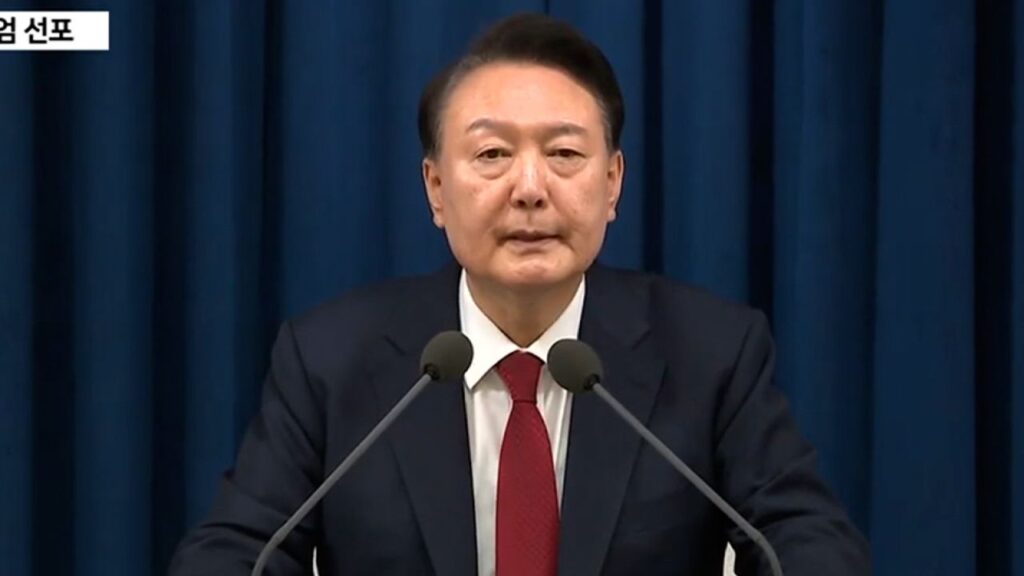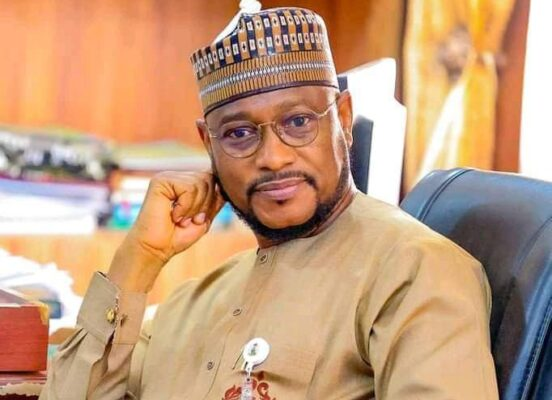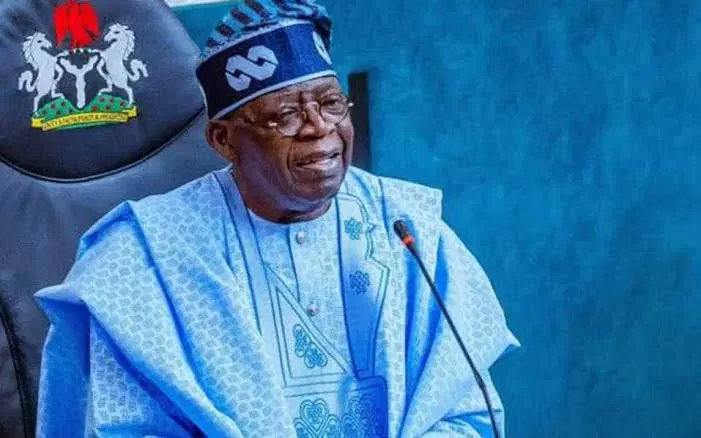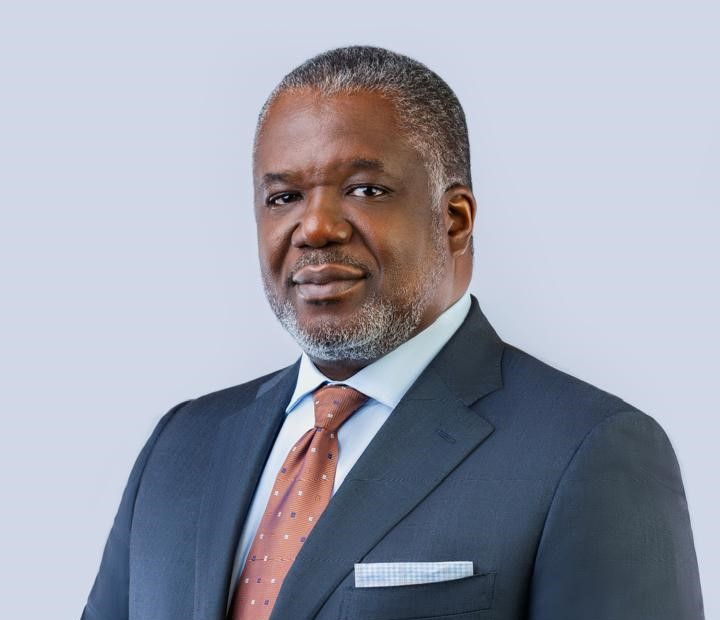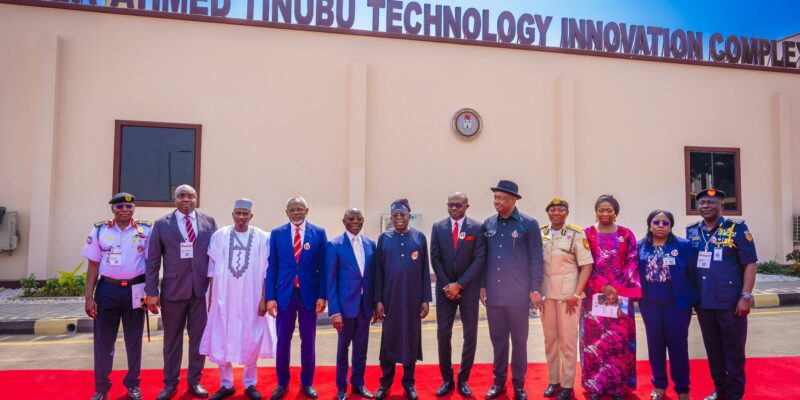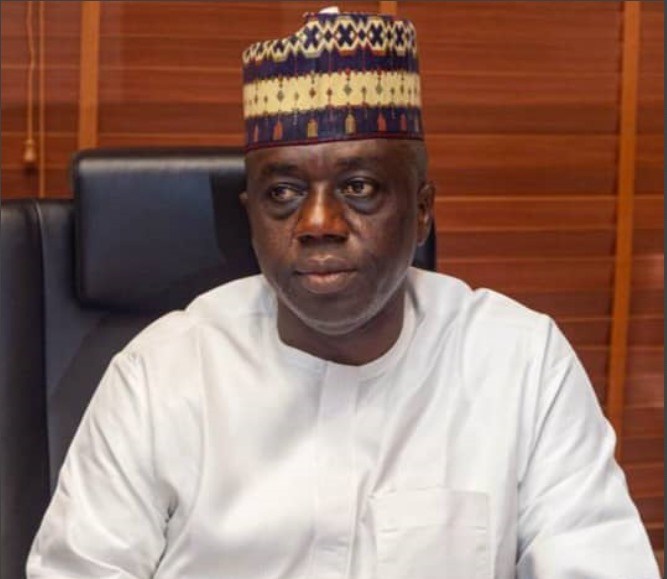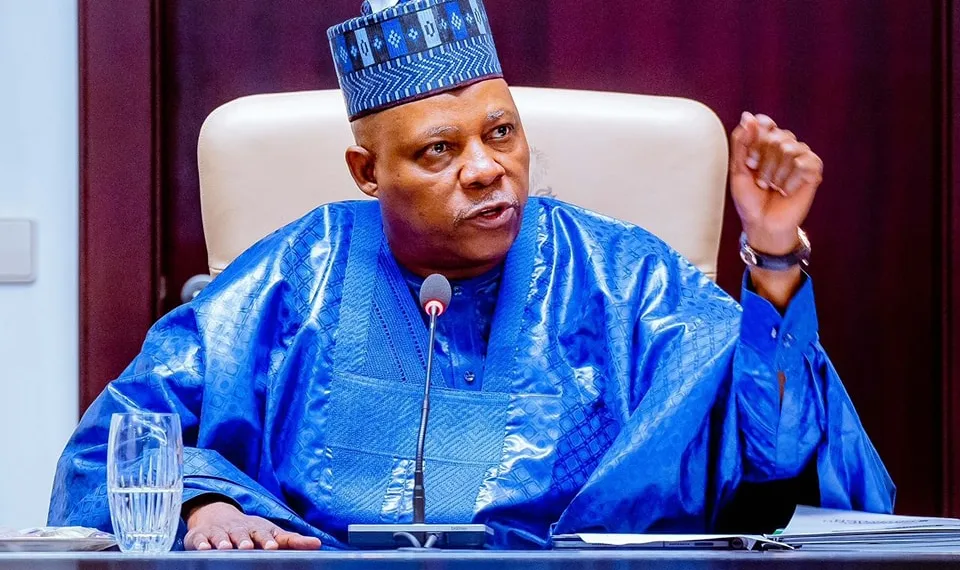The South Korean National Assembly’s attempt to impeach President Yoon Suk Yeol failed on Saturday, prompting outrage from opposition lawmakers, who accused the ruling People Power Party (PPP) of staging a “second coup” to cling to power.
The failed vote follows widespread protests across the country, where tens of thousands demanded Yoon’s resignation or impeachment after his controversial declaration of martial law shocked the nation last week.
In response to the failed impeachment, the PPP announced that its party leader, Han Dong-hoon, and Prime Minister Han Duck-soo would temporarily run the government until President Yoon’s “orderly exit.” Opposition leaders have criticized this plan as unconstitutional.
Democratic Party leader Lee Jae-myung vowed to continue efforts to impeach Yoon, with plans to hold impeachment votes every Saturday. “We will definitely return this country to normal by Christmas and give it to you as a gift,” Lee told supporters after the impeachment vote failed.
PPP leader Han Dong-hoon, in a public address on Sunday, declared that Yoon would no longer participate in state affairs, including foreign and domestic policy, until his resignation. “The Prime Minister will manage government affairs in the interim,” Han said.
However, Democratic Party lawmakers condemned the move. Floor leader Park Chan-dae described it as “an illegal, unconstitutional second insurrection.” Representative Kim Min-seok echoed this criticism, arguing that “no one gave the ruling party the authority to jointly exercise presidential powers.”
Confusion about the nation’s leadership has also sparked concern on social media, with many questioning who is effectively governing South Korea.
The Ministry of National Defence clarified on Monday that Yoon retains command of the armed forces, meaning he can make executive decisions regarding national security, including potential threats from North Korea.
“The president can take the lead again any time he changes his mind,” political science professor Shin Yul of Myongji University told The Korea Herald. “No one will be able to stop him if Yoon insists.”
Yoon made his first public appearance on Saturday since declaring martial law, apologizing for the “anxiety and inconvenience” caused and pledging not to impose another martial law order.
Despite Yoon’s apology, the opposition remains steadfast in its efforts to unseat him. Democratic Party leader Lee Jae-myung accused Yoon of “destroying” South Korea and its economy, reiterating calls for the president to step down immediately.
As the political crisis deepens, the standoff between the ruling party and the opposition raises questions about the stability of South Korea’s governance in the weeks ahead.

